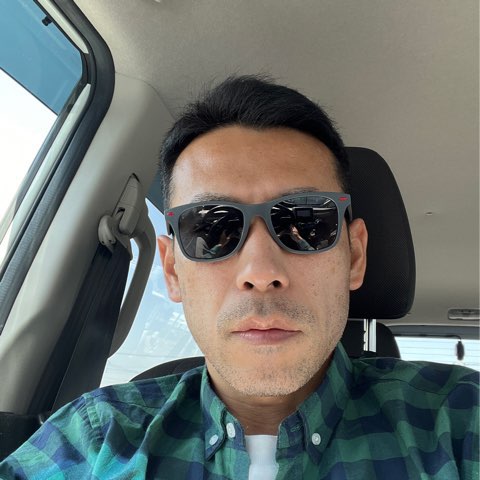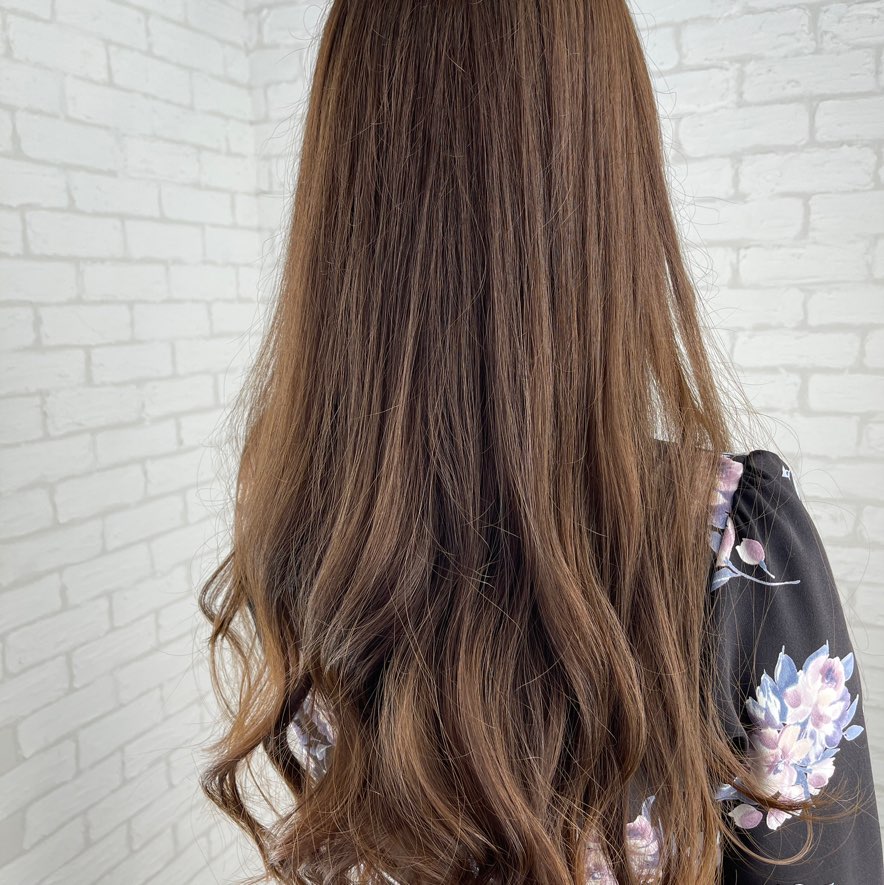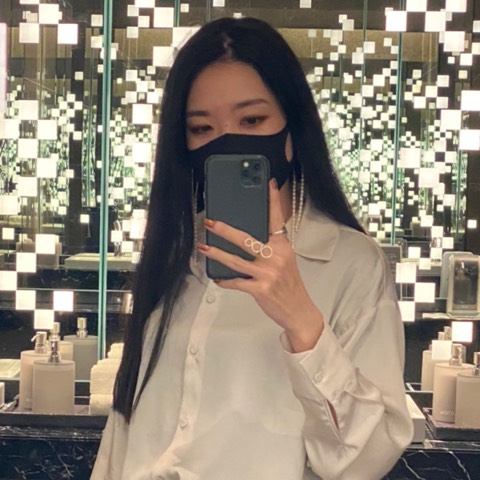I went to the New York Bar above the Park Hyatt in Tokyo!
Delicious drinks and beautiful views!
Maybe a little expensive😅 but definitely worth a visit!!
飲み物は美味しくて、景色はきれいでした!
飲み物も美味しくて、景色もきれいでした!Your sentence is fine already. But when we say two things whose characters are similar, we like to use も, not は. In this case, 飲み物が美味しい is one good thing, and 景色がきれい is another good thins, now you have two good things, so that’s why it’s more natural to say use 飲み物 “も” 美味しくて、景色”も”きれいでした. Because it means 飲み物も景色も両方goodだった.
まあ、ちょっと高いですが、来る価値があります!!
まあ、ちょっと高いですが、来る価値はあります!! Again, your sentence is already good, but I think Japanese will use は in this sentence. Since you mentioned ちょっと高い, using は would be better. It’s because は can distinguish the subject(=来る価値) comparing to what is mentioned before(=ちょっと高い). In this case, using は distinguish the upside of 来る価値がある from the downside of ちょっと高い. For another example, あのレストランは、立地は悪いが、人気”は”ある。Or we can also say like this using は; にんじんは好きだが、玉ねぎ”は”きらいだ。 In this way, we use は so as to imply the distinguish or opposite.
 Download
Download










